News
Prioritise mental health issues at workplace
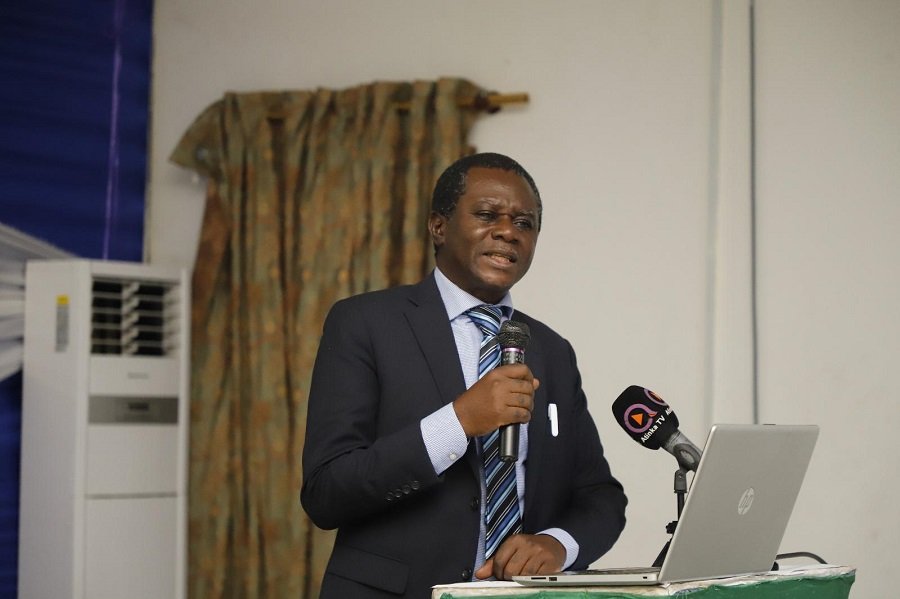
Prof Ohene
Discrimination, inequality, excessive workloads, low job control and job insecurity exposes workers to some risks of developing mental health problems, a Consultant Psychiatrist, Professor Sammy Ohene, has stated.
According to him, mental health issues among workers could also lead to absenteeism and ‘presenteeism’ which affects both the individual and the organisation
He defined ‘presenteeism’ as being present but not fully productive while absenteeism was when one is missing at work.
Prof. Ohene said this at a programme organised by the Department of Psychiatry of the Korle-Bu Teaching Hospital on the theme: ‘it’s time to prioritise mental health at the workplace.’
According to the Consultant Psychiatrist, high workloads, tight deadlines and long hours can lead to chronic stress and burnout, causing fatigue, irritability, and decreased productivity, adding that work related pressures such as job insecurity, lack of control and workplace conflicts, could trigger or exacerbate anxiety and depression.
Additionally, he noted that strained relationships with colleagues, supervisors or clients can arise from mental conditions, leading to conflicts and a toxic work environment and that employees experiencing mental health conditions may struggle with concentration, decision making and completing tasks efficiently, thereby impacting on their overall performance.
He stated that individuals with mental health conditions were particularly at risk in unhealthy workplaces while those with severe mental disorders were more likely to be excluded from employment, and if they do get employed, they were more likely to experience inequality.
Prof. Ohene also identified being out of work, recent job loss and financial insecurity as risk factors for suicide.
Moreover, he indicated that mental health issues could also manifest physically leading to headaches, stomach aches, muscle tension and other somatic complaints.
“Issues that might affect one’s mental health includes excessive workload, poor pay causing constant pressure, stigma around mental health, unsafe or poor physical working conditions, under-use of skills or being under-skilled for work, understaffing and long, unsocial or inflexible hours,” he added.
Prof. Ohene indicated that in order to prevent work related mental health conditions, the World Health Organisation (WHO) has recommended the implementation of organisational interventions that directly targets working conditions and environments.
He said these were interventions that mitigate, modify or remove risks to mental health such as flexible working arrangements, implementing frameworks to deal with violence and harassment at work.
WHO, he revealed, also recommends training for workers in mental health literacy and awareness to improve knowledge of mental health and reduce stigma against mental health conditions at work.
Also, he called for interventions for individuals to build skills to manage stress and reduce mental health symptoms, including psychosocial interventions and opportunities for leisure-based physical activity.
By Jemima Esinam Kuatsinu
News
Oguaa goes gay with Fetu Afahye
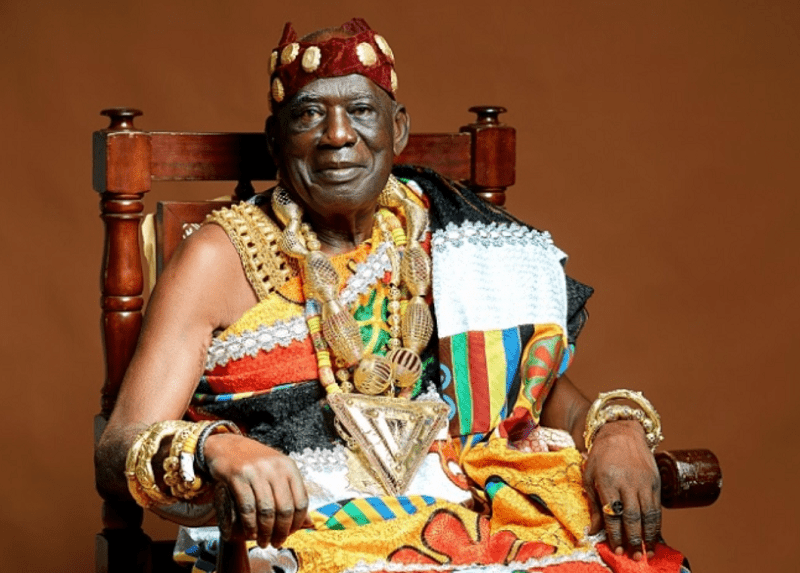
The ancient city of Cape Coast, one of Ghana’s historical cities, witnessed a showcase of the rich cultural heritage of the Oguaa people with an exciting, colourful, and traditional event to mark the celebration of the 61st annual Fetu Afahye.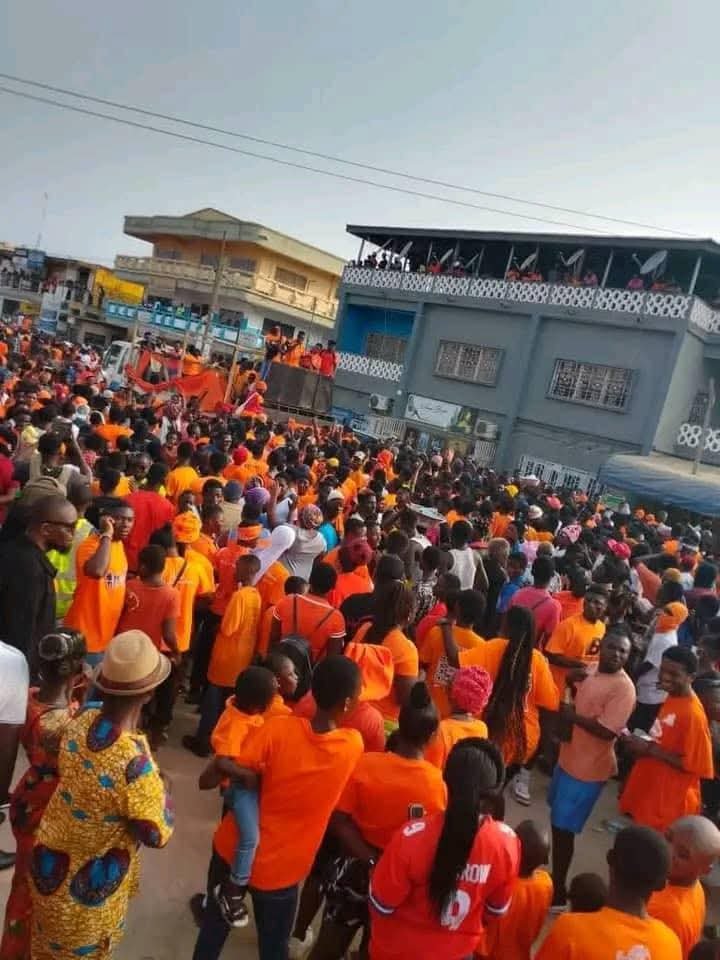
Themed “Innovate to elevate: Harnessing the creative economy for sustainable growth”, the festival featured a vibrant lineup of events, interspersed with several cultural performances showcasing the traditions which depict the traditional, historical and ancestral heritage of the land.
It witnessed a colourful procession of chiefs and various Asafo companies from the Mfantsipim School junction through the principal streets of the town to the Jubilee Park, accompanied by drumming and traditional dances.
The chiefs and members of the asafo companies were adorned in regal attire symbolising the pride and unity of the community.
Fetu Afahye demonstrates Oguaa’s resilience, unity, and cultural pride as the town welcomed indigenes both within and outside, as well as people from far and near, desirous of participating in the festival.
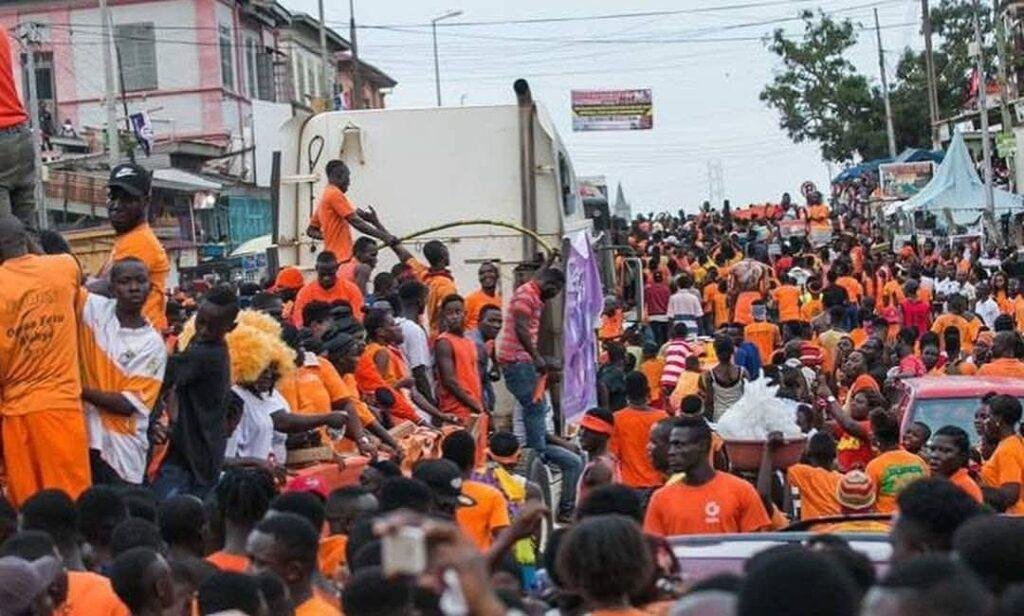
Various public spaces, including eateries and pubs, attracted patrons, and streets within the town witnessed bustling events with music blaring from the loudspeakers that had been placed by the roadside.
Bakatue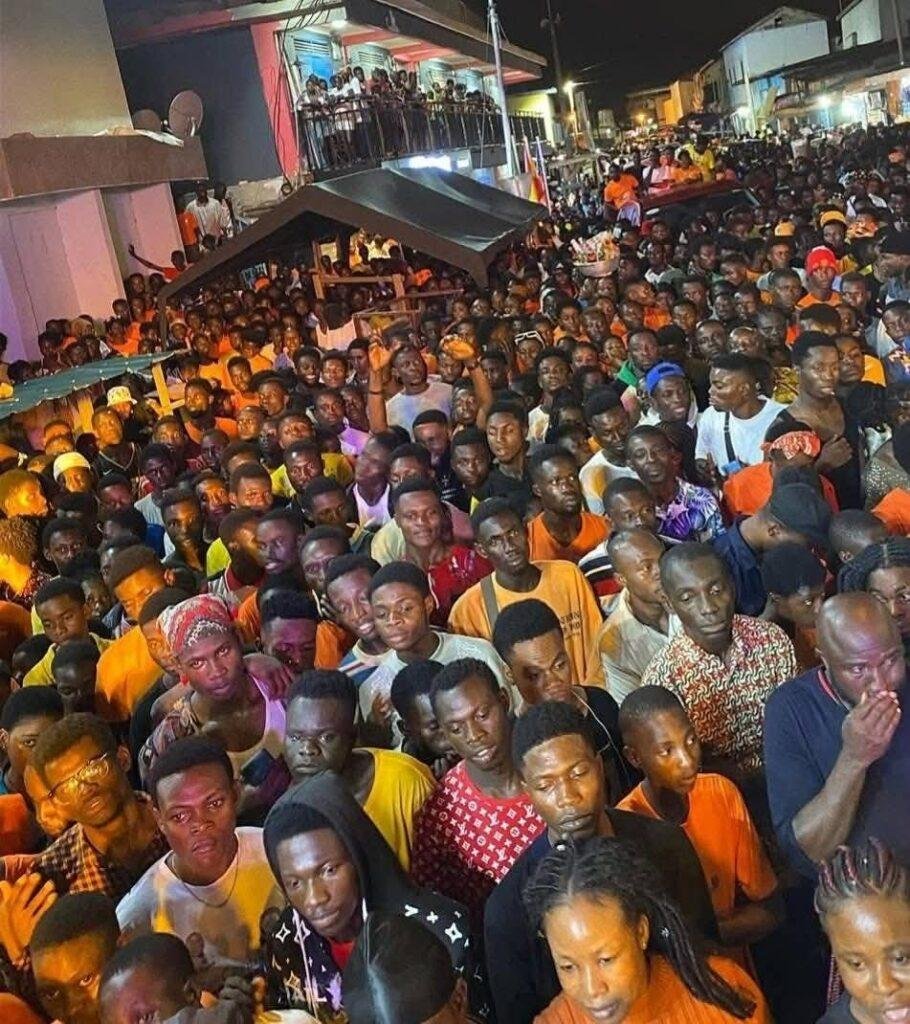
Prior to the durbar was the Bakatue regatta, a canoe race on the Fosu Lagoon, organised by ATL, a campus-based radio station located within the University of Cape Coast (UCC) in collaboration with the Oguaa Traditional Council.
The event saw a thrilling spectacle as the three Asafo companies, Nkum No. 4, Bentsir No. 1, and Anaafo No. 2, battled aggressively on the Fosu Lagoon. Nkum No. 4 earned nine points to clinch the trophy, medals, and a cash prize. They were followed by Anaafo No. 2 with five points, while Bentsir No. 1 finished third with four points.
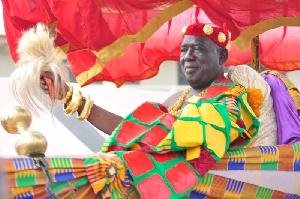
Orange Friday
Friday witnessed what has come to be known as the biggest street carnival in Ghana, known as ‘Orange Friday.’
It drew hundreds of people across the country. Clad in orange attires, the patrons gathered and moved through the streets of the town, creating a gridlock.
The Paramount Chief of the Oguaa Traditional Area, Osaberimba Kwesi Atta II, at the durbar of chiefs to climax the festival acknowledged the unifying factor in relation to culture among Africans and stated the need for Africans to take their destinies into their own hands.
He explained that festivals such as Fetu Afahye offer an opportunity for Africans to remind themselves of the future by working hard and embrace the future in order not to be taken by events.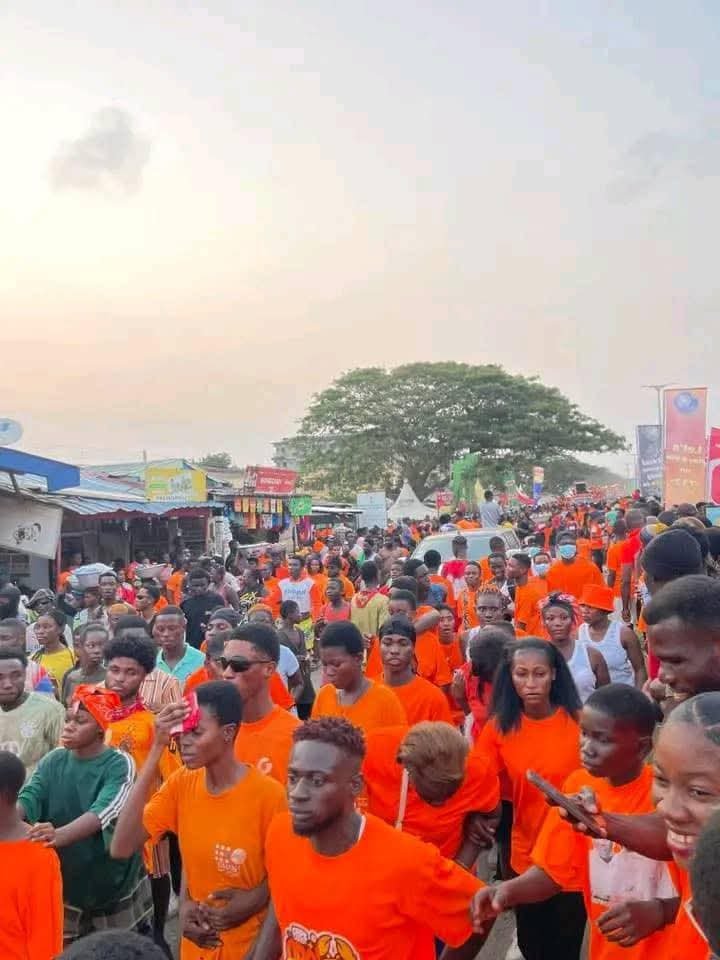
The Vice President, Prof. Naana Jane Opoku-Agyemang, in a speech read on her behalf, noted that the festival was far more than a ritual or an annual duty, saying, “It is an affirmation of an identity, a homecoming and a powerful testimony to the wisdom and fortitude of our forebears”.
In his remarks, the Special Guest of Honour, the Olu of Warri State in Nigeria, Ogiame Atuwatse III, indicated that, the only thing holding Africans back was Africans themselves, which he said, was in the area of an African identity, and acting on that identity.
From David O. Yarboi-Tetteh, Cape Coast
Join our WhatsApp Channel now!
https://whatsapp.com/channel/0029VbBElzjInlqHhl1aTU27
News
Chief Imam issues disclaimer on unauthorised petitions
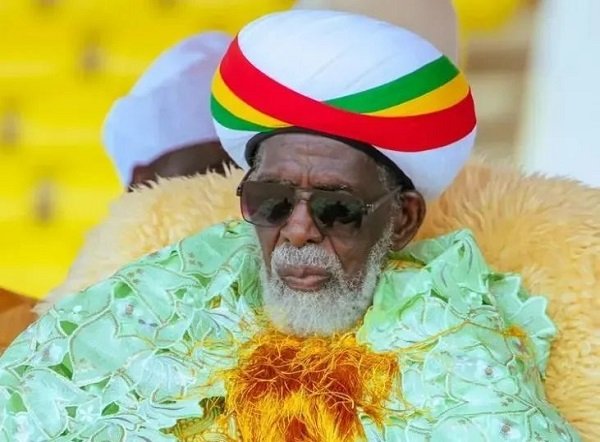
The Office of the National Chief Imam has warned Muslim organizations and individuals against issuing statements and petitions to the Government in his name without permission.
In a statement, the Chief Imam said he had observed that some groups had been circulating petitions, including a recent one on Hajj, using his name without authorization.
He stressed that such actions were unlawful and cautioned those involved to stop or face the law.
The Chief Imam reminded the public that on October 4, 2022, he, together with the National Imams of all Muslim sects, signed a deed and presented it to the Government at the Jubilee House.
The agreement recognised the National Muslim Conference of Ghana as the official body representing Muslims in their dealings with state institutions.
He urged that any petitions meant to be sent to the Government in his name should go through the National Muslim Conference of Ghana with the approval of the Advisory Board of his office.
By: Jacob Aggrey








